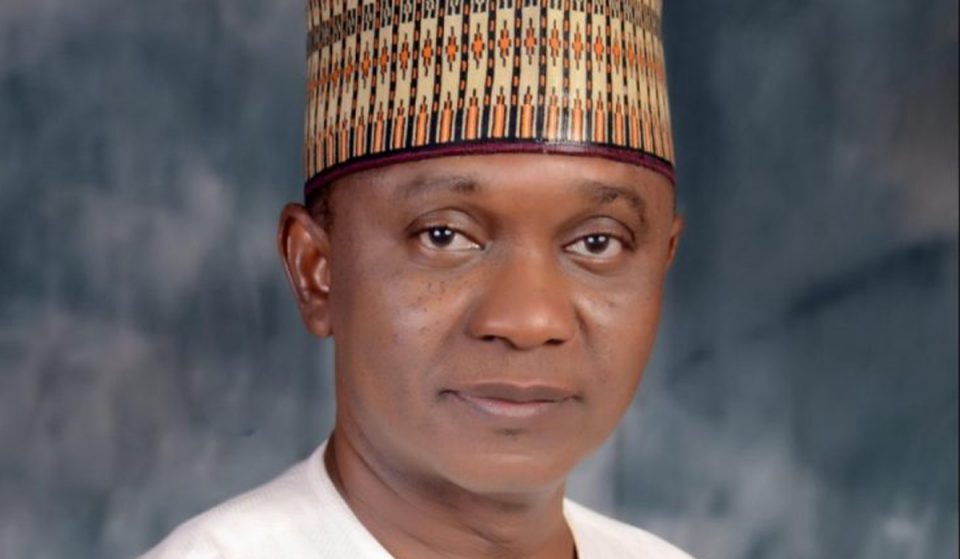The Federal Government has disclosed that the long arm of the law will catch up with the shareholders that have not declared ownership of the amount of shares they possess in any organization.
Auwal Ibrahim Sani, Technical Assistant to the Registrar-General, Corporate Affairs Commission (CAC), Alhaji Garba Abubakaru, dropped this hint at the two day stakeholders sensitization and capacity building workshop on fiscal and technical support opportunities for mutual economic growth for small and medium enterprises (SMEs) and private corporations held in Lagos.
Sani stated that before January 2023, CAC having been empowered by law will go after the business owners that have been operating undercover, adding that anyone that did not disclose actual amount of shares he/she has in an establishment would be levied every day.
“We are moving to unveil those that are hiding behind the curtain; we want to know the actual owners of business establishments, we want to know the actual beneficiaries of every registered business in the country.
“According to CAMA, if you have more than five per cent shares of any company you must inform such company that you own more than five per cent of its total shares. For instance, a company that has 100,000 shares, the five per cent of it is 5000. So you must inform the directors of the company because the managers of the company may not necessarily be the owners.
In his presentation en titled “Sources of Funding for MSMEs in Nigeria”, Mr. Fatai Olayemi, CEO Nimfate Global Services/Head, FATE Consulting, stated that 74 per cent of entrepreneurs use personal savings as the main source of finance, followed by family and friends with 37 per cent.
Olayemi said that cooperative societies ranked 41 per cent, followed by micro finance banks at 27 per cent.
According to him, “Only 19 per cent of entrepreneurs receive finance from commercial banks. Commercial banks credit to private sector stood at ₦22 trillion as at the end of 2021, but only 0.38 per cent (₦83.7billion) of this credit was disbursed to small scale businesses.
“Demand side change includes high cost of borrowing, low level of trust, limited awareness of enablers, such as movable collateral registry. Supply side challenge includes limited financial literacy and investment readiness, poor data insights on credit worthiness and learning from previous funding programs.”
On his part, Mr Oyekachi Iheme, Senior Manager, Large Tax Audit Department, Federal Inland Revenue Service (FIRS), who presented a paper on tax rights and duties for MSMEs, stated that the major issues to note were offences and penalties.
He explained that penalties and interest would be be calculated and imposed on any outstanding tax, adding that the accruals would be calculated from the date of filling the incorrect report or payment.




